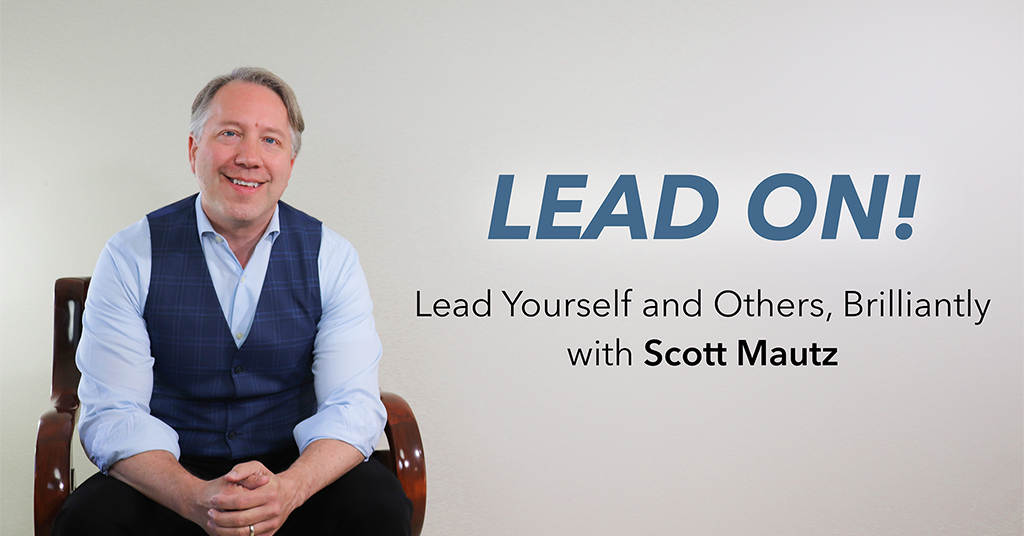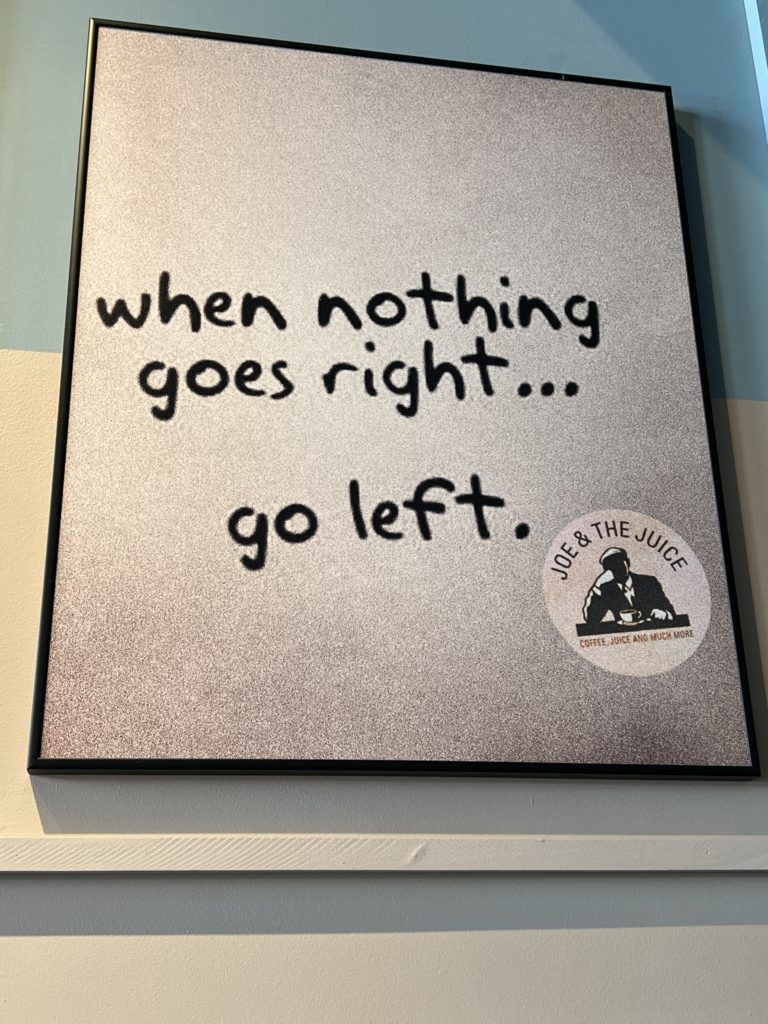
INSIGHTS (on leadership/self-leadership)
What can a pro-poker player teach you about making decisions? Something important. In an interview with Psychology Today, top-ranked player Maria Ho describes poker as a game of limited information. You make bets at certain points in the game based on the best information you have, period. You can never have full control or know exactly what’s going to happen, you just need a justifiable reason to bet. Ho applies the same philosophy more broadly, saying: “That’s what I do with everything in life. Once I make the best decision with the information I have, I can let it go, even when that outcome doesn’t work out.”
And therein lies the lesson.
When you decide, decide based on the best information you have at the time – the cards you’ve been dealt. Then place that bet, and never look back.
IMPERFECTIONS (how to react to your mistakes)
The same exact setback happening to two people can provoke very different reactions. Research from Rutgers University shows it comes down to how much control you perceive you had over the undesired outcome. This is why if you want to be more resilient in life, it’s so important not to overestimate how devastating the impact of the bad outcome truly is or underestimate how much of the outcome is truly out of your hands. Increased resilience also results from remembering this:

Research shows that in the face of setbacks we tend to stay stuck in “It’s not fair,” wallowing in how things should have gone, and replaying over and over what we could have done slightly differently for a better outcome. Instead, stop asking “Why me?” and lamenting what should have happened, and shift gears to “What’s next?” and how you’ll “go left” next time with a different approach (building on what you learned from your mistakes while not being afraid to try something new).
IMPLEMENTATION (one research-backed strategy, tip, or tool)
The best leaders create a culture of learning and growth. The Turning on Learning list that follows illuminates the behaviors and actions most conducive to fostering learning and growth in others (and yourself):
- Have a “not yet” mindset vs. a “you failed” mindset.
- Have patience and empathy for the learning process (and tolerance for mistakes).
- Put emphasis on assets, not deficits.
- Listen for understanding, not for convincing others.
- Focus on being interested, not interesting (to encourage learning and sharing).
- Enable ownership of ideas (don’t do too much for them).
- Use data to go from “I think” to “I know.” But don’t let “I know” get in the way of “I think.”
- Talk openly about the importance of learning. Role-model the priority you give to learning.
- Encourage “the sky’s the limit” thinking, not limited thinking.
- Commend (not condemn) the person who brings conflicting information.
- Don’t rewrite history, remember it. Then use realizations to move forward.
- Change “we’ve tried that before, sorry” to “let’s try that again, smartly.”
- Show a genuine interest in each individual’s unique learning journey.
- Take the time to teach (and to learn) in teachable moments.




Leave a Reply